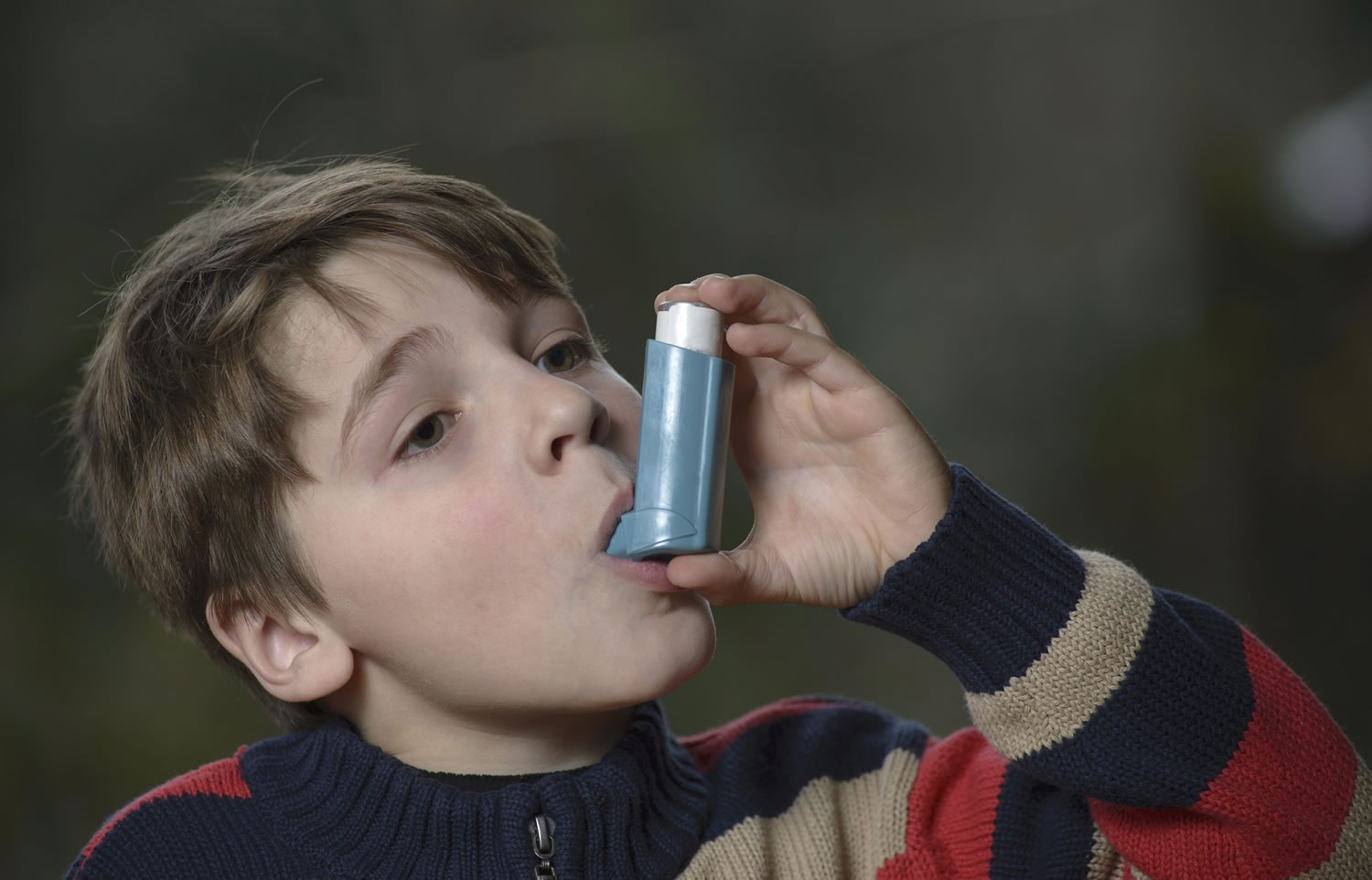ROCHESTER, Minn. — Nearly 1 million incidences of herpes zoster, which is also known as shingles, occur yearly in the U.S., with an estimated third of all adults affected by age 80.
Despite its prevalence, particularly between ages 50 and 59, it is still unclear why some people will develop shingles and others will not. In a population-based study published in the Journal of Allergy and Clinical Immunology, Mayo Clinic researchers build on previous research from 2013, which linked asthma in childhood with an increased risk of shingles.
“Asthma represents one of the five most burdensome chronic diseases in the U.S., affecting up to 17 percent of the population,” said lead author Young Juhn, who is a general academic pediatrician and asthma epidemiologist at the Mayo Clinic Children’s Research Center.
Medical records for potential patients with shingles were reviewed in Olmsted County, Minn., where 371 cases with shingles — age 67 on average — were identified in the study period and compared against 742 control subjects. Of the 371 shingles cases, 23 percent had asthma, compared with 15 percent from the control group. The authors found adults with asthma were about 70 percent more likely to develope shingles than those without asthma.



